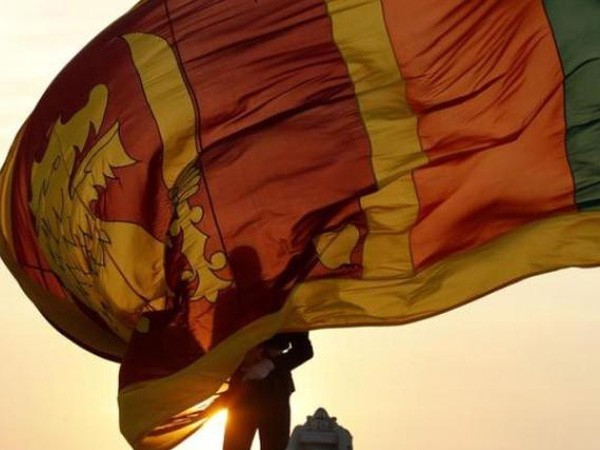"Not willing to be a slave": Sri Lankan Air Force personnel leaves service
A member of Sri Lankan Air Force left the service claiming that he did not want to be a slave to country's armed forces, media reports said.

- Country:
- Sri Lanka
A member of Sri Lankan Air Force left the service claiming that he did not want to be a slave to country's armed forces, media reports said. Asanka Srimal, who served in the Sri Lanka Air Force wrote on social media platform that he was leaving the service adding, "I did not want to be a slave to Sri Lanka Air Force".
Commenting on the episode, SLAF Spokesman Group Captain Dushan Wijesinghe said that he left the Air Force on July 21, 2022 on termination of his initial engagement of eight-years, reported Daily Mirror. "An Air Force member is generally entitled to serve up to 22 years in service at his or her own discretion. Nevertheless, required provisions are vested to Air Force to decide the extension of service is approved after the termination of initial engagement, based on the conduct of the particular service member concern," the SLAF said.
The airman was found guilty of the offences on two occasions for financial fraud during his last serving period at SLAF Station Katukurunda. However, this individual was officially discharged from the Air Force after the termination of his initial engagement of 8 years owing to the reason that his extension was impossible to authorize due to his disgraceful conduct which has been sentenced under the Air Force Act, as per the media portal.
Therefore, based on the aforementioned circumstances, his discharge was caused by the inability to prolong his service and it is baseless to say that frustration and dissatisfaction in the service led to him resigning, Group Captain Wijesinghe said. On July 21, Wickremesinghe issued an order to "call out with effect from July 22, 2022 all the members of the Armed Forces . . . for the maintenance of public order."
Under emergency powers, the president can override, amend, or suspend a provision of any law, except the constitution. Emergency powers can be used to detain people while bypassing the ordinary process of the courts and have repeatedly been used in the past to enable human rights violations. Since the beginning of 2022, Sri Lanka has experienced an escalating economic crisis and the government has defaulted on its foreign loans. The United Nations warned that 5.7 million people "require immediate humanitarian assistance."
With many Sri Lankans experiencing extreme shortages of essentials including food and fuel, peaceful protests began in March. The protests led then-Prime Minister Mahinda Rajapaksa to resign on May 9, and his brother, President Gotabaya Rajapaksa, to flee the country on July 13 and resign the following day. (ANI)
(This story has not been edited by Devdiscourse staff and is auto-generated from a syndicated feed.)










